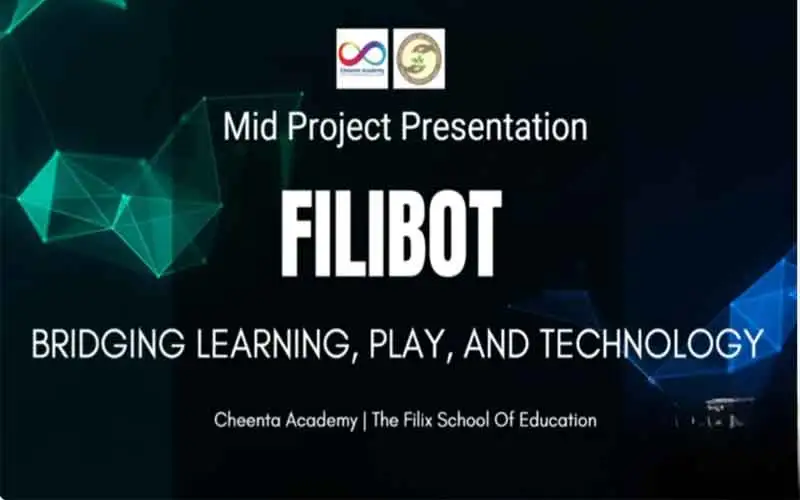

The science stream offers many career options, far from traditional ones such as medicine and engineering. No doubt, I have also argued that STEM education is neither synonymous with, nor restricted to, medicine and engineering, whereas the following Natural and Actuarial Sciences, Mathematical, and Technological Developments which have expanded in recent years, and engineering in fields where humanity has recently charted the unknown territories of the map, etc
Science students have options in research, technology, environment science, data science, etc. Careers covering renewable energy, forensic science, robotics, and astrobiology are just a few fields that science graduates will have access to, but not necessarily the better-known ones. Moreover, STEM fields are easily adaptable to be blended with arts, for instance, in audio engineering, archaeological studies, or graphic design, as future applications are to be implemented. These all combine to form science career options that extend into new and emerging domains.

When pursuing a career option after 12th science, graduation is one of science students’ most important decision points. I have been campaigning for the evaluation of options, i.e., eliciting self-interest, self-efficacy, and long-term ambitions. On a personal level, I have stopped caring, even economically, but it is a matter to be considered when choosing a career, given the states of the same economy. Conversely, suppose a person decides to pursue a challenging career path. In that case, the highest level of commitment will need to be demonstrated to get there – something I learned through the hard-way bench press of working every day to reach my end goal, even with a less-than-ideal economic situation.
Highlight various sectors within science that offer exciting career prospects, including:
Science encompasses numerous sectors, each offering exciting career prospects. Many broad subject areas, e.g., life sciences, offer opportunities to be involved in genetics, microbiology, or drug discovery. In contrast, Physical Sciences offer astrophysics, quantum mechanics, and condensed matter research opportunities. In addition, environmental and earth sciences support climate change research, geoscience, and sustainability. Among the fastest probably, Computer Science and Data Analysis provides positions in artificial intelligence (AI) development, cyber security, and big data analysis. Last but not least, Chemistry and Material Science Careers in chemical engineering, nanotechnology, and polymer science. These exciting areas addressed (computer science and biotechnology) indicate some of the Best Courses After 12th Science for modern learners.

One must stay abreast of new technologies and discoveries to succeed in the modern science community. In my view, lifelong learning and skills upgrading hold tremendous importance. Professional development (e.g., certifications, online courses, postbaccalaureate) in areas of expertise can be a career advancement tool. For instance, certifications in machine learning or environmental management can help students stay competitive in their chosen fields, which I have taken a huge interest in.
My perspective in this blog underscores the promising career options after 12th science for students worldwide. The future holds many exciting paths for those willing to explore and innovate. By staying open to new advancements and embracing their unique interests, students can carve out fulfilling careers in science and make a lasting impact on the world.






When I look back at the first day Filibot took shape in my mind, it feels almost unreal. What started as a simple conversation about learning in grassroots schools slowly grew into a full learning ecosystem that now reaches thousands of students across Meghalaya and Ladakh. The scale of it

Research is often described as an intellectual exercise, which is carried out in libraries, old archives, and among various citations. For me, however, the research process was much more than that. It became a dialogue between history and memory, between suffering and resilience, and, finally, between exile and belonging. With

Principal, Ma’am Kain: “After how many years, Divij?” Divij: “Seven years, Ma’am.” I don’t think I’ll ever forget that exchange. It all happened in the stillness of the Activity Centre, just moments after we lifted the Ms. Oliphant Memorial Debates Trophy after seven long years. The hall buzzed with applause,
© Copyright-2026. All rights reserved.